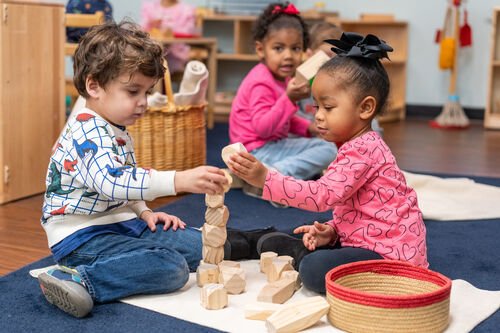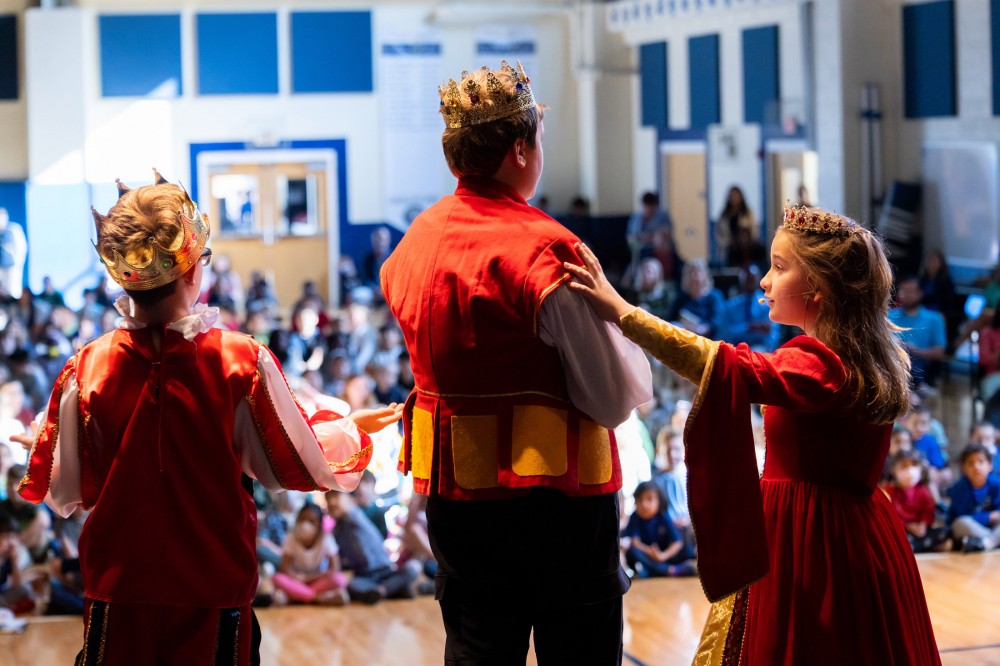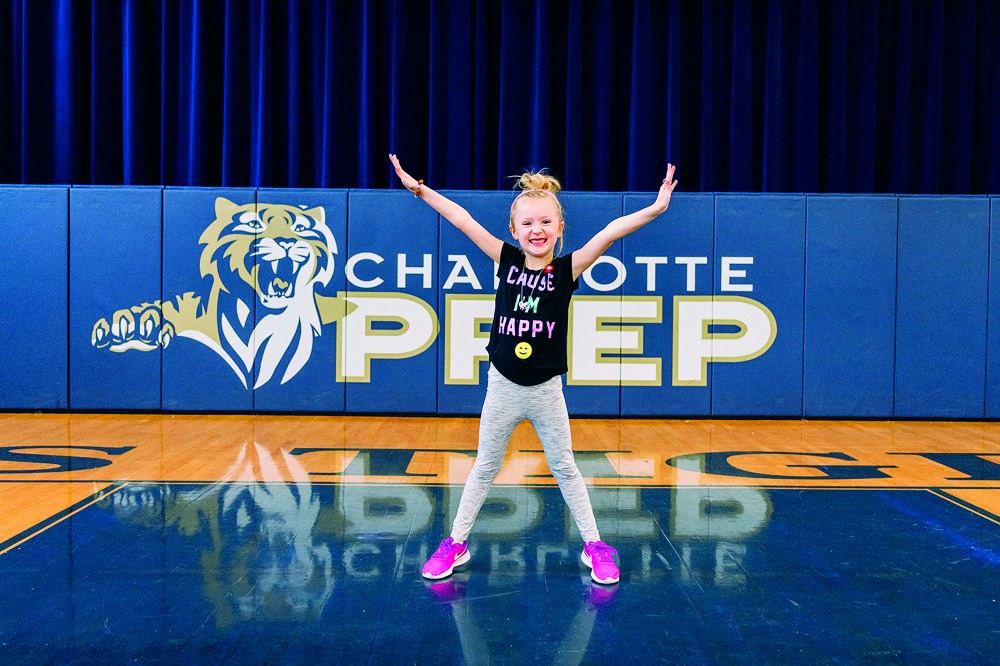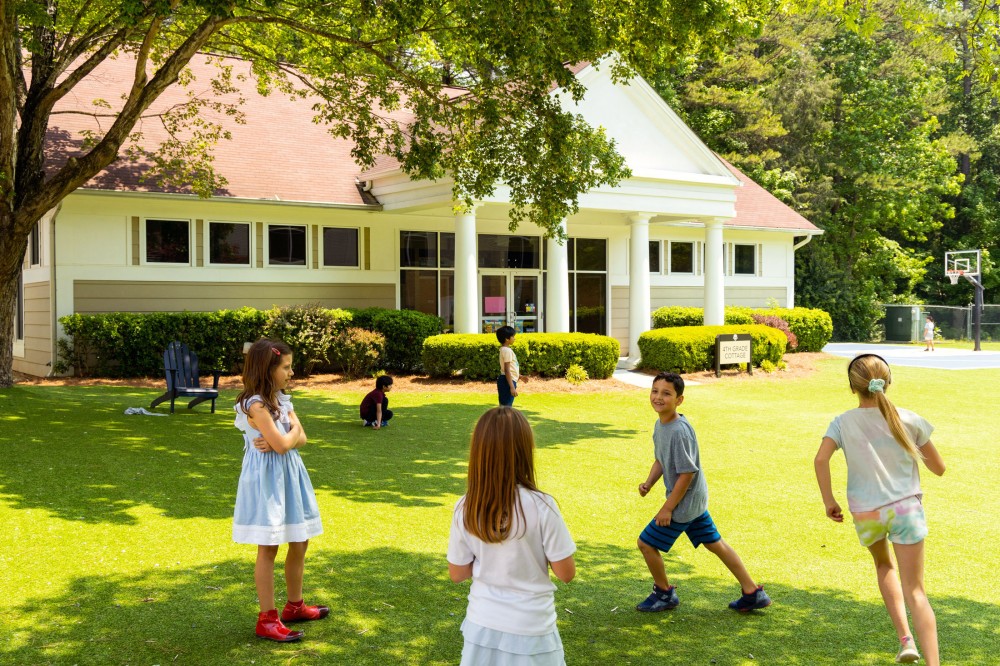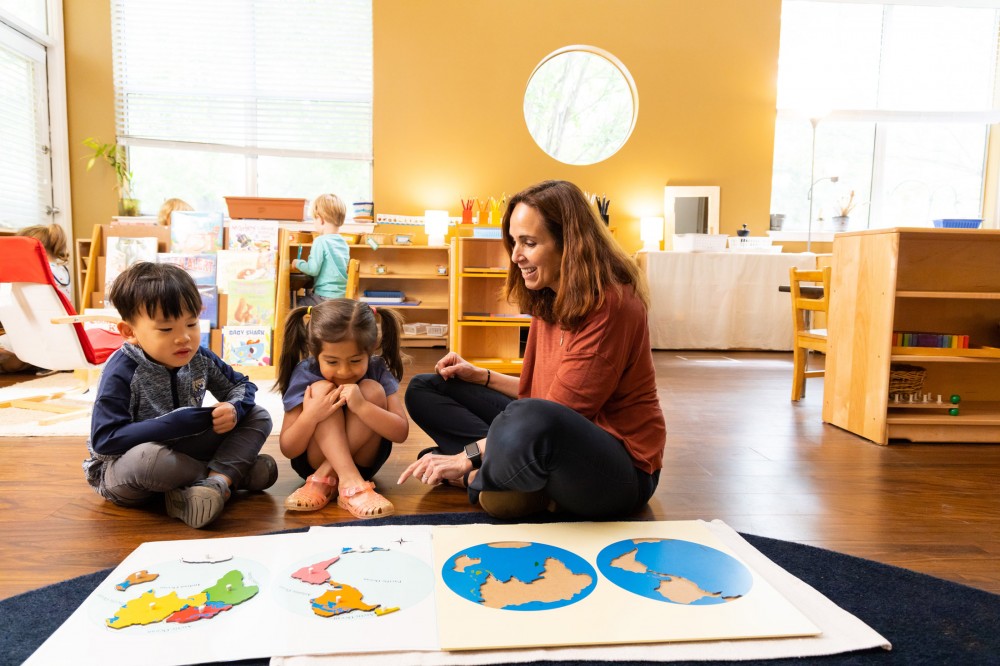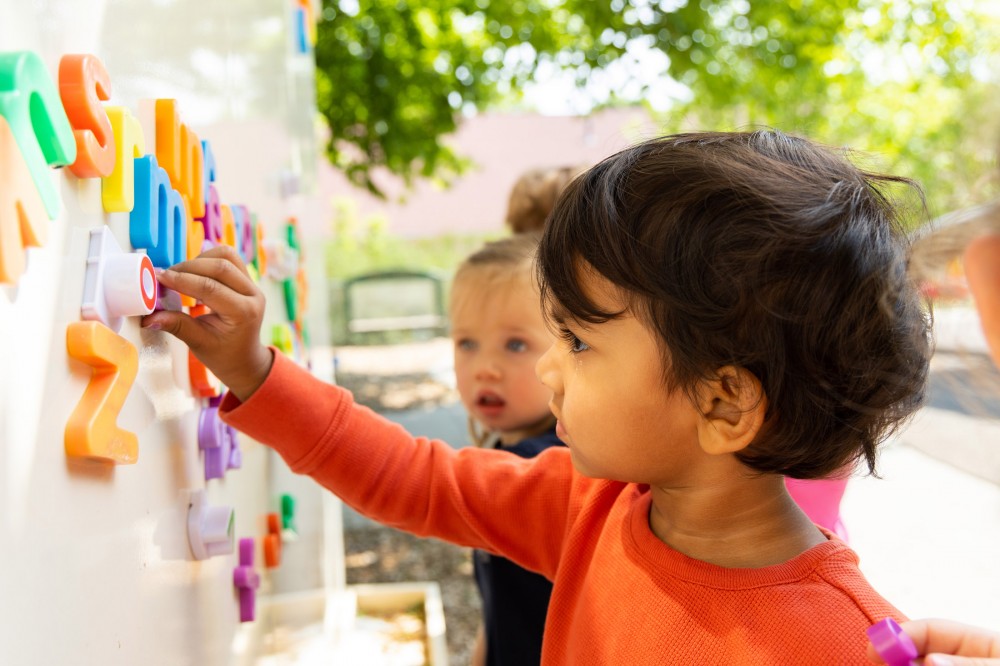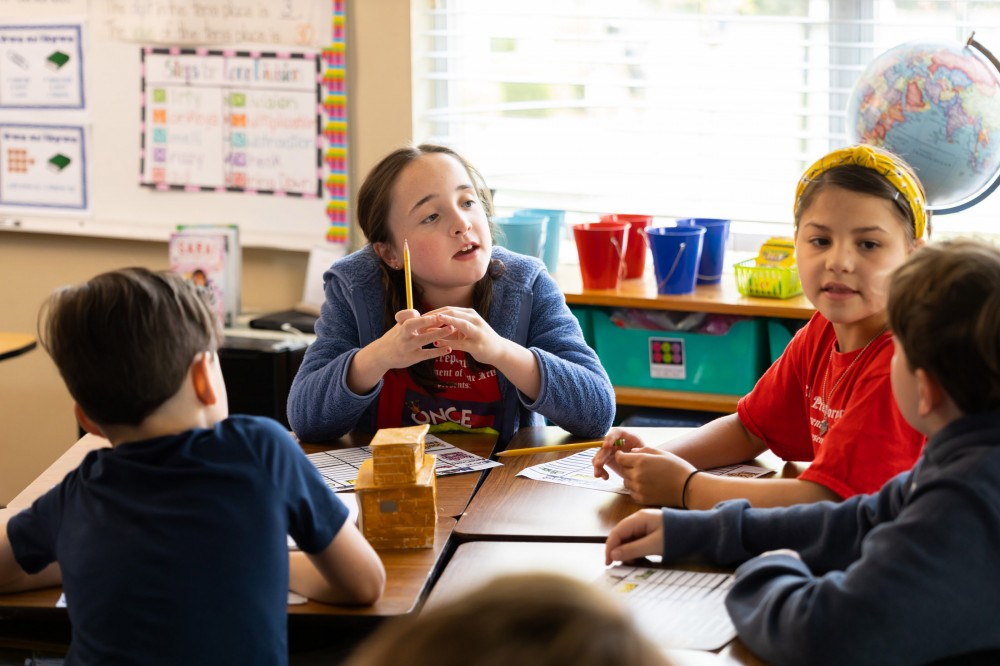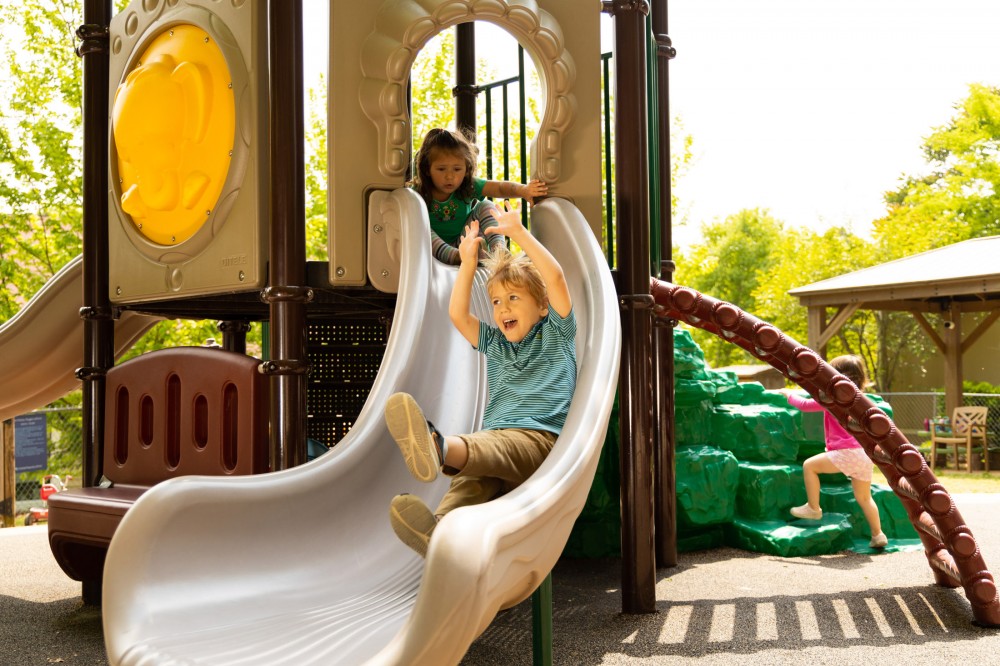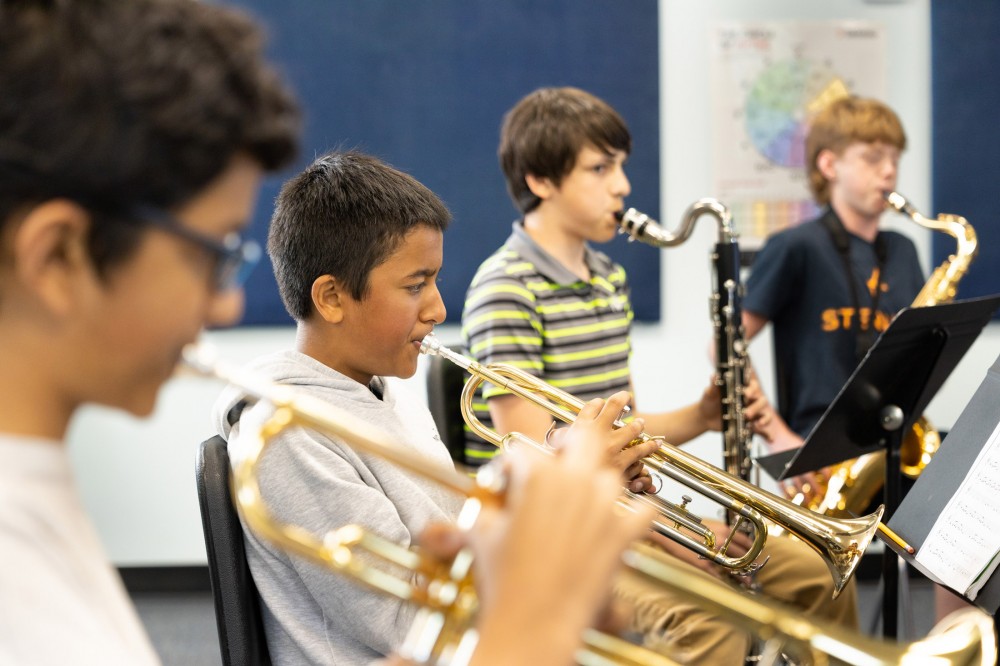The Connection Between Feelings and Behavior
February 22nd, 2024
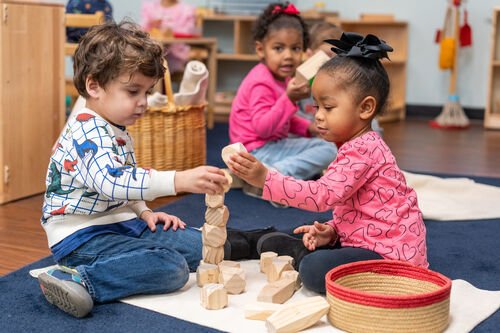 Feelings follow behavior. Or is it the other way around – behavior follows feelings? This is one of the most important parenting questions to get right. Do we believe children must possess certain feelings before they can act in the way we deem appropriate? Or do we believe children will experience positive feelings after they start behaving in certain ways?
Feelings follow behavior. Or is it the other way around – behavior follows feelings? This is one of the most important parenting questions to get right. Do we believe children must possess certain feelings before they can act in the way we deem appropriate? Or do we believe children will experience positive feelings after they start behaving in certain ways?
Much modern parenting advice is based on the belief that we must help children feel good about themselves. This is the legacy of the self-esteem movement that has been dominant in parenting circles for decades. The hope is that good behaviors will then spring from good feelings.
And it is certainly important to be attentive to children and their feelings. It is good to help them develop positive emotions about themselves, and children need a foundation that is reinforced by unconditional love. It is also sensible to believe children will be more receptive to positive behavior if they feel good about themselves.
But adults know we must often act despite negative feelings. We also know that feelings, good and bad, come and go. How do we help children understand and eventually internalize all of this?
I am definitely in the feelings follow behavior camp. When children are given opportunities to demonstrate their competence, independence, and agency, they will most likely feel good about themselves. As children age, they have more capacity to connect good feelings with good actions, which develops a virtuous loop and promises lifelong benefits.
If we teach children that their feelings need to be in a certain space before they act, we will likely be waiting a very long time. But if we support children to engage in positive action, they will most likely feel genuinely good. And this is a lesson worth learning at an early age.
More News from Charlotte Prep
 Mar20The Power of Middle School at Prep
Mar20The Power of Middle School at PrepThe middle school experience in a PreK-8 school like ours provides students with long-lasting positive outcomes. They become more confident and capable students and people, and we know from experience that Prep graduates thrive in high school and beyond.
See Details Feb27The Goldilocks Effect: Choosing the Right Sized School
Feb27The Goldilocks Effect: Choosing the Right Sized SchoolChoosing a school that is the right size for children is paramount to their healthy development. We believe the size of Charlotte Prep is just right – not too small or too large.
See Details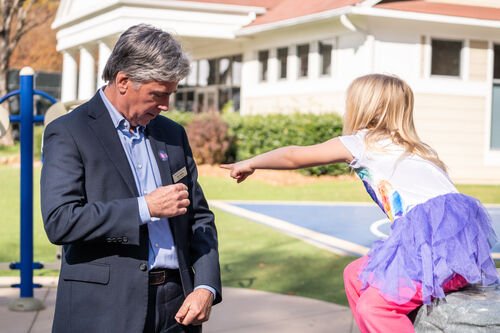 Jan25A Timeless Lesson
Jan25A Timeless LessonRecently, one of our six-year-old students asked me how old I was. Being the wily older person I am, I turned the tables and asked this student how old he thought I was.
See Details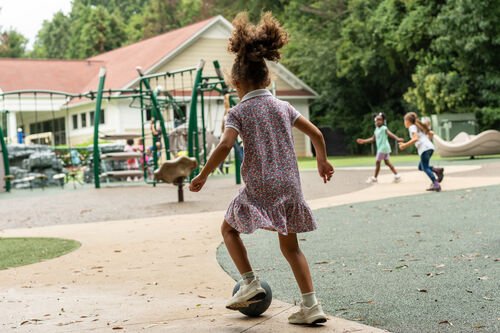 Nov16If You Love Them, Let Them Go Play
Nov16If You Love Them, Let Them Go PlayA recent editorial in the New York Times titled “This Simple Fix Could Help Anxious Kids” makes the point that the rise in childhood anxiety may be due, in part, to shifting parental norms.
See Details

